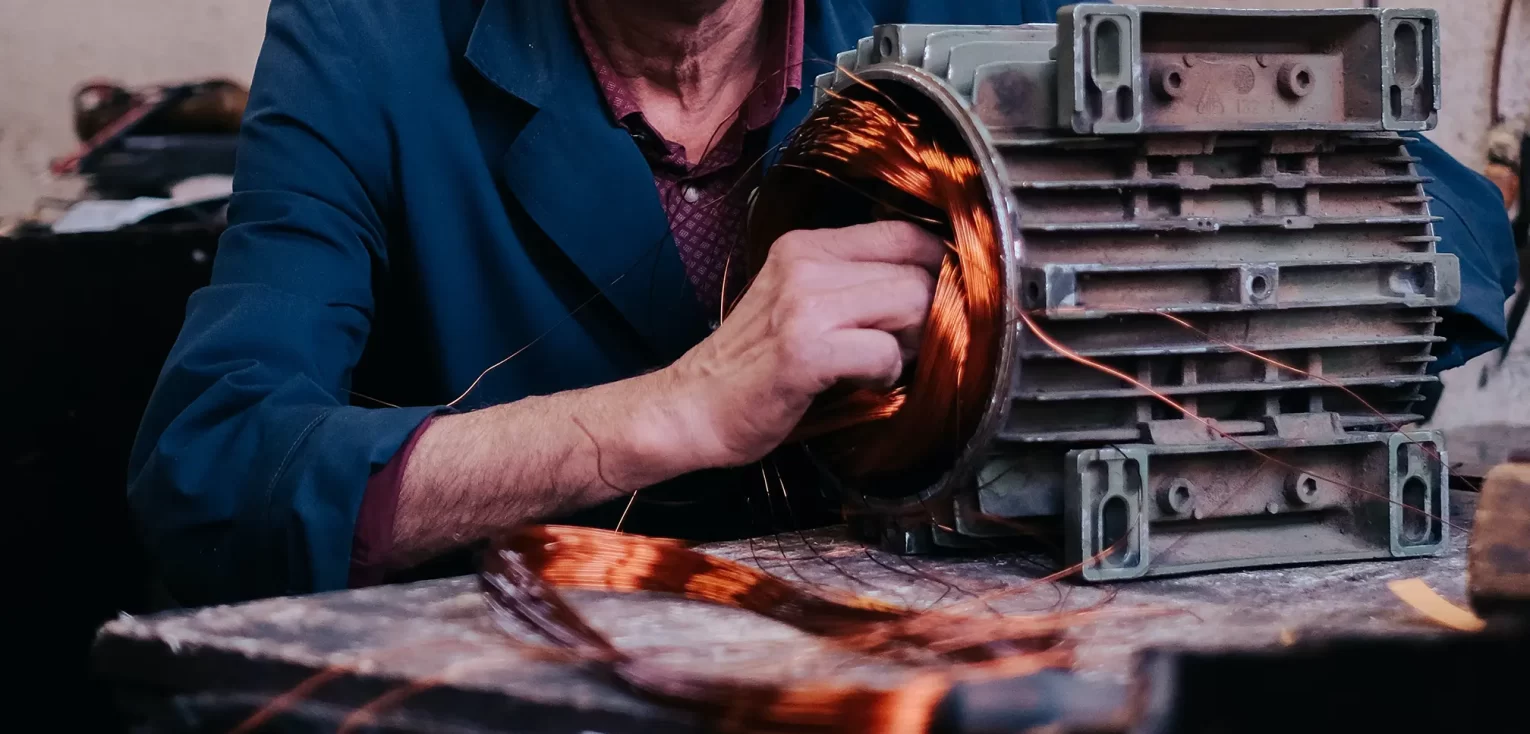Vehicles require electricity to start and to run, but the power doesn’t all come from the same place. When you start your car, your battery powers the parts needed to start the engine. Once your car is running, however, most of the power comes from the alternator. Because the battery and alternator have similar functions, it can sometimes be difficult to tell which one needs maintenance when problems arise. In this post, we’ll cover some different signs to be aware of so you can tell whether your car has a bad battery or a bad alternator.
Signs of a Bad Battery
On average, car batteries last about three to five years. Some may last longer than that, but it’s a good idea to have your battery tested once you hit the five-year mark. If your vehicle is having trouble and you suspect the battery might be the culprit, here are some signs to look out for:
- You’re having a hard time starting your vehicle.
- The headlights, taillights, interior lights or dashboard lights are dim or flickering.
- You hear a clicking noise when you turn your key in the ignition.
- Your engine cranks loudly when you start it up.
- There’s a smell like sulfur or rotting eggs in your vehicle.*
- You need to press on the gas to start up your car.
All of these signs may be indicators that your vehicle’s battery is wearing out. It’s easy enough to have a mechanic replace your battery with a new one. You can even do it yourself if you know how. A bad alternator, on the other hand, is a bit more complicated.
*If you notice a sulfuric or rotting egg smell, there may be a leak or other damage to your battery. Get this checked by a mechanic as soon as possible. Leaking battery acid can cause electrical damage, as well as damage to your alternator.
Signs of a Bad Alternator
Here are some signs to help you determine whether your alternator is going bad:
- Your car dies after you try to jump start it.
- You see a voltage meter on your dashboard while driving.
- Your lights are either dim or too bright.
- Your vehicle’s accessories aren’t working properly (accessories like automatic windows, radio, seat warmers, etc.).
- You hear a grinding or growling noise under your vehicle’s hood.
A bad alternator is a bit more involved than a bad battery. You’ll need to bring your vehicle to an experienced mechanic, like the ones at Restored Auto, LLC, to have it repaired or replaced. The good news is that most alternators last longer than car batteries, so you shouldn’t need to replace it as often.
What Causes a Bad Battery or Bad Alternator
In most cases, the root cause of a bad battery or bad alternator is just age. Normal wear and tear can cause these components to wear out over time. Other factors can include things like extreme temperature changes, infrequent vehicle usage, and poor maintenance. Your alternator can be impacted by heat, vibration, and its position in your vehicle. Sometimes oil or power steering fluid can leak onto it and cause problems. Your battery can be susceptible to corrosion, which may not immediately lead to damage, but it can affect the battery’s connection to the terminal. If this connection is interrupted, your car won’t start as nicely (if it starts at all).
If you’re still trying to determine whether there’s a problem with your battery or your alternator, try this: Jump start your car. If the car fails to start after a jump or if it stalls out right away, it’s probably the alternator. If the jump works and the car continues running, it’s probably the battery.
Call Restored Auto, LLC for help.
Whether you’re having issues with a battery or an alternator, you can call Restored Auto, LLC for help. We can run diagnostics on your vehicle, test your battery, and determine the source of the issue. We can also install a new battery, and replace or repair your vehicle’s alternator. Call us today so you can get safely back on the road.

